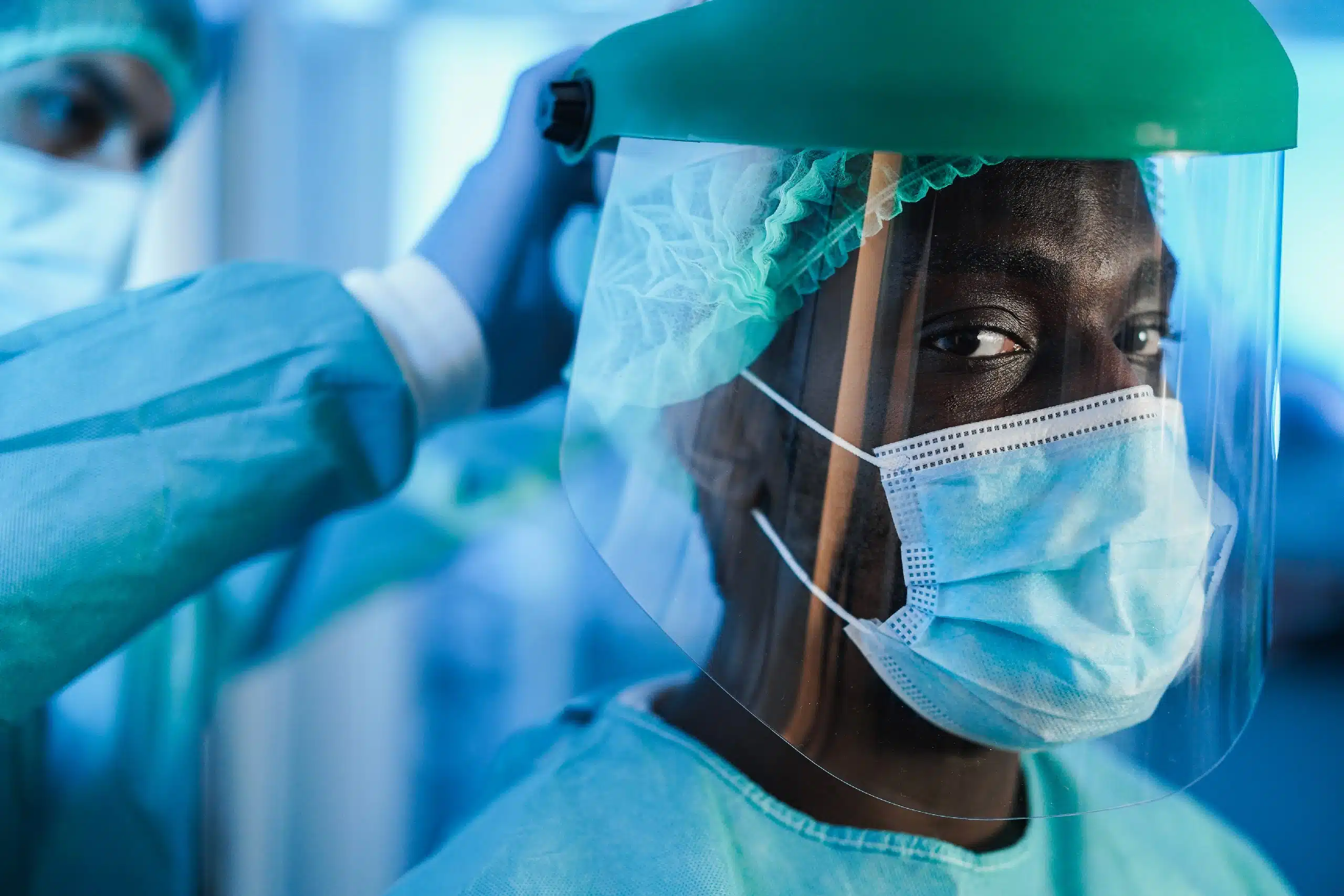Though we’re all familiar with the feeling of hope, there is a whole science about it that shows how important it is to our well-being. We can find hope in the people and things around us. We can find hope from within ourselves. It can help us during difficult periods in our lives.
Hope is a “confident yet uncertain expectation of achieving a future good which… is realistically possible and personally significant.”1
Of course, there are times where false hope exists. If there is no probability that something we desire will happen, then we are giving into false hope. If the possibility of that thing happening truly exists, then it is possible to hope.
For example, believing the COVID-19 pandemic will end without action is a sense of false hope. Believing there will be changes that better support our ability to manage the pandemic is rooted in real hope.
Hope is an active verb that requires movement and effort toward its desired outcome.
Hope has been studied in a wide variety of people:
- Hope helps patients with chronic disease deal with their conditions and make healthy lifestyle changes2
- Hope helps people recover from burn injuries, spinal cord injuries, severe arthritis, and fibromyalgia
- Hope provides a sense of expectation and aspiration that life can be better
- Hope positively affects chronic pain, anxiety, depression, and quality of life in various populations
